Search
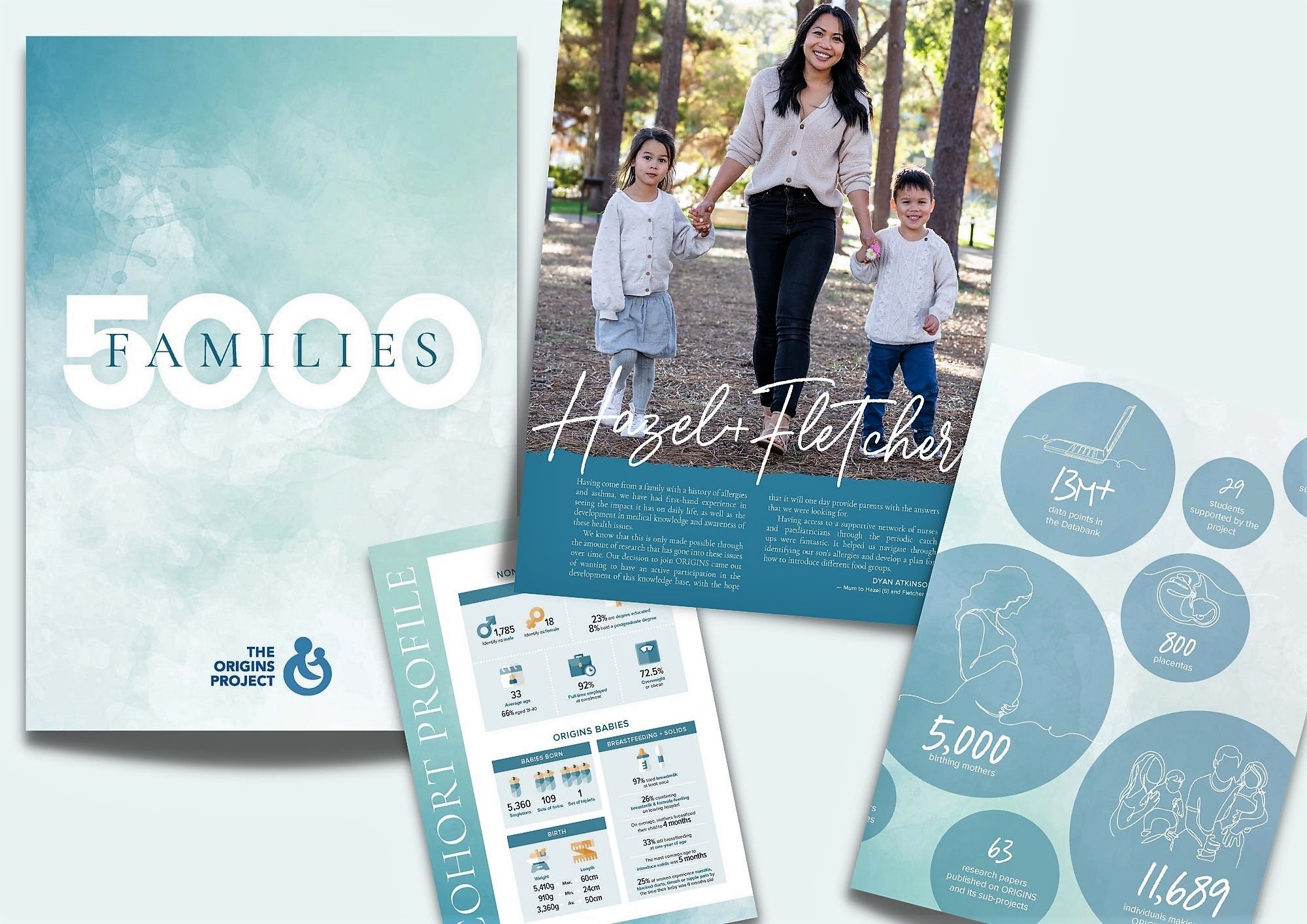
News & Events
ORIGINS 5000 Families ReportORIGINS released a milestone document this week, celebrating our families.
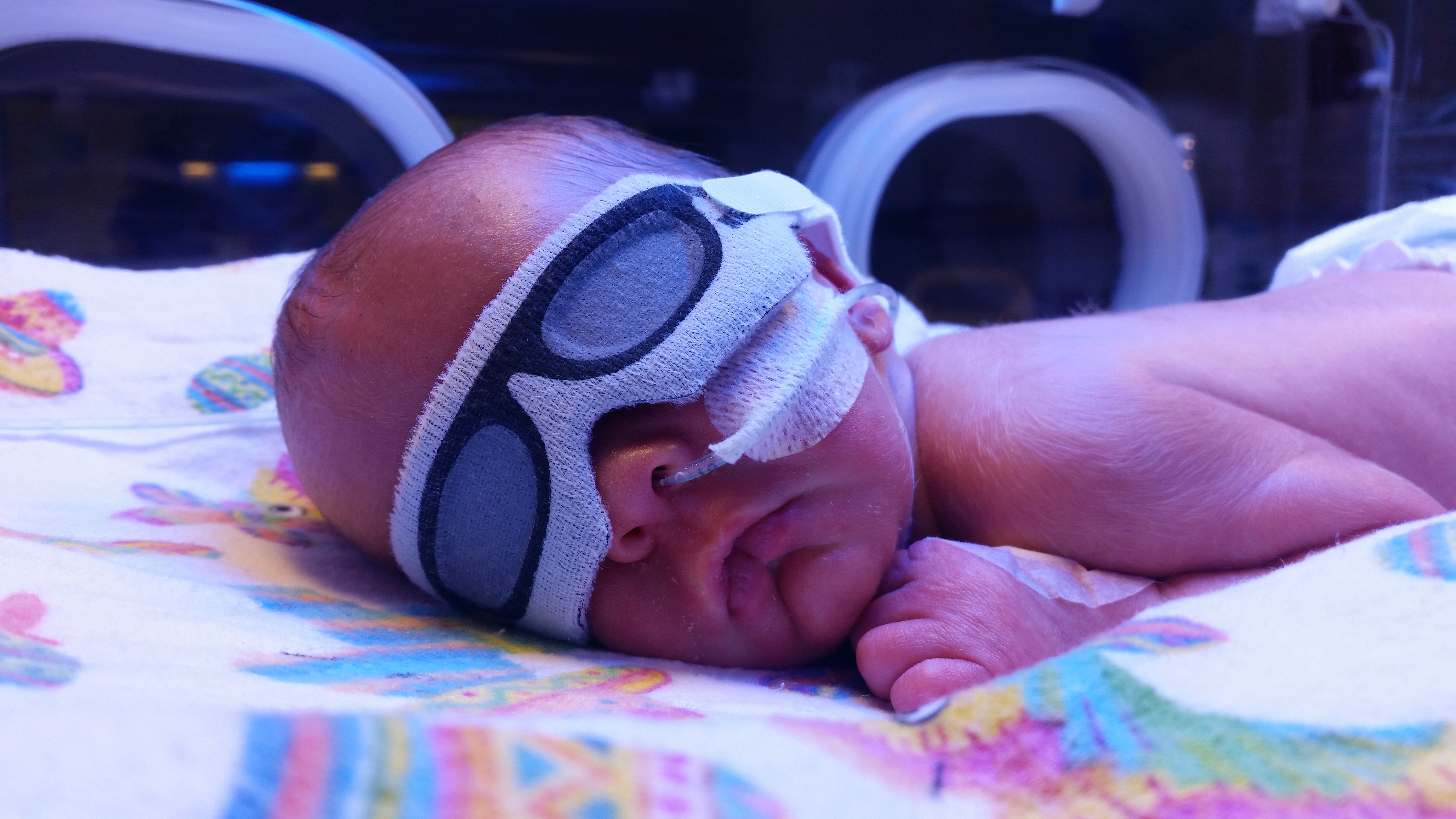
News & Events
Desire to help others helps one ORIGINS familyCathy Chopping is thankful she decided to try and help others by joining ORIGINS
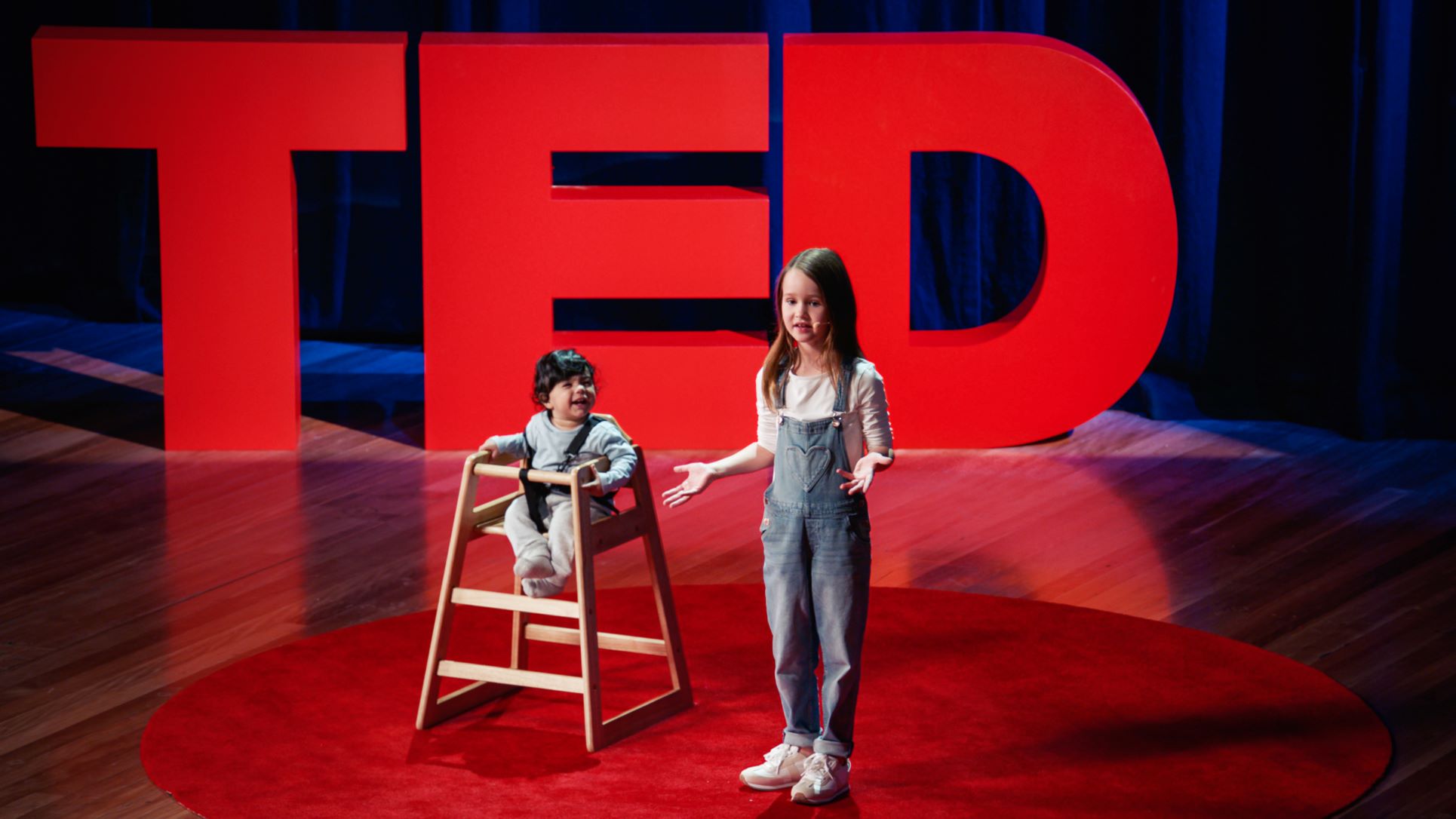
News & Events
Thrive by Five TED Talk - Have you met Molly?ORIGINS Director, Prof Desiree Silva is playing an integral role in promoting a Thrive by Five TED Talk asking parents to engage more meaningfully and often with children in order to promote their brain development and set them up for life.
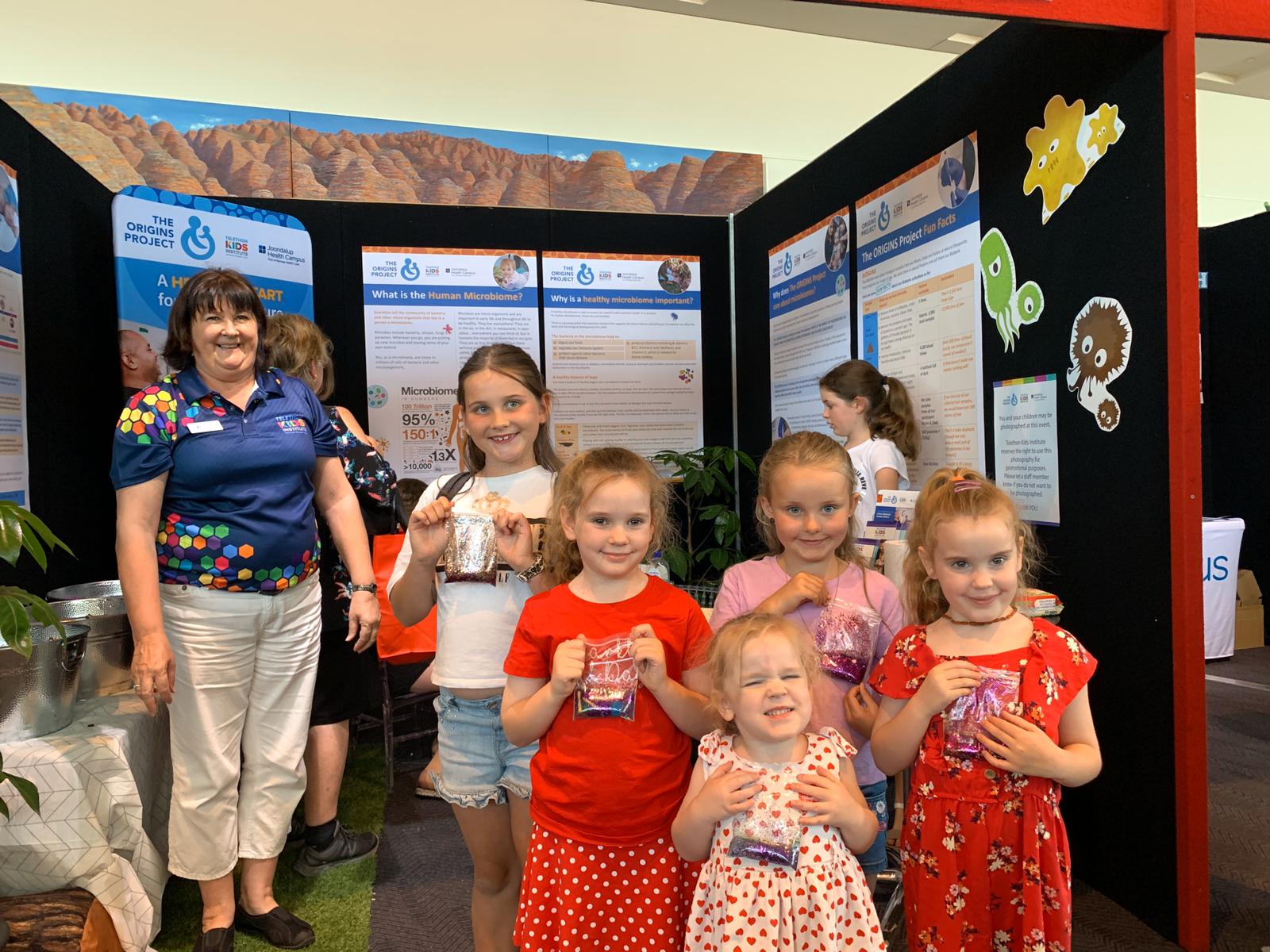
News & Events
Magical Microbiomes at TelethonHundreds of kids and their families visited The ORIGINS Project booth over the Telethon weekend to learn about the magical microbiome.

News & Events
World-first research helps to identify child developmental delaysThe ORIGINS Project’s Early Moves study is investigating whether a baby’s early movements can predict learning difficulties later in childhood.

News & Events
When food attacksOne in every four children will suffer from eczema and asthma, and one in every 10 will have at least one food allergy.
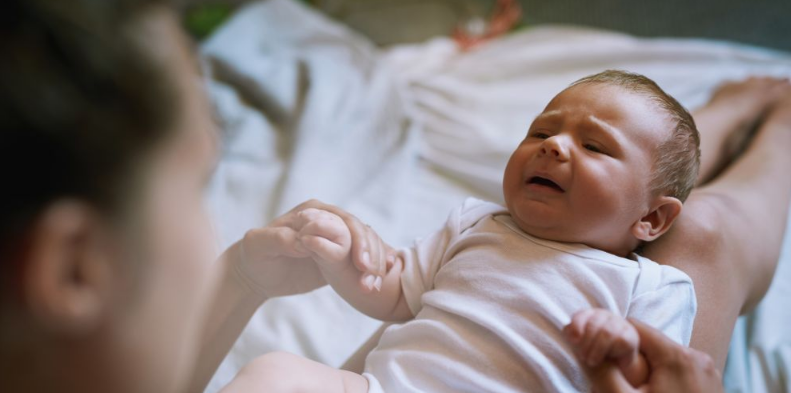
News & Events
When babies won’t stop crying – infantile colicExcessive crying – for more than three hours in a day, more than three days a week – is often referred to as infantile colic.

News & Events
What medicines can I safely use during pregnancy?Something we’re commonly asked is whether a prescription, over-the-counter, vitamin or herbal medicine is safe to use during pregnancy. ORIGINS pharmacist Stephanie Dimitrov-Zeller provides some great advice for expectant mothers.
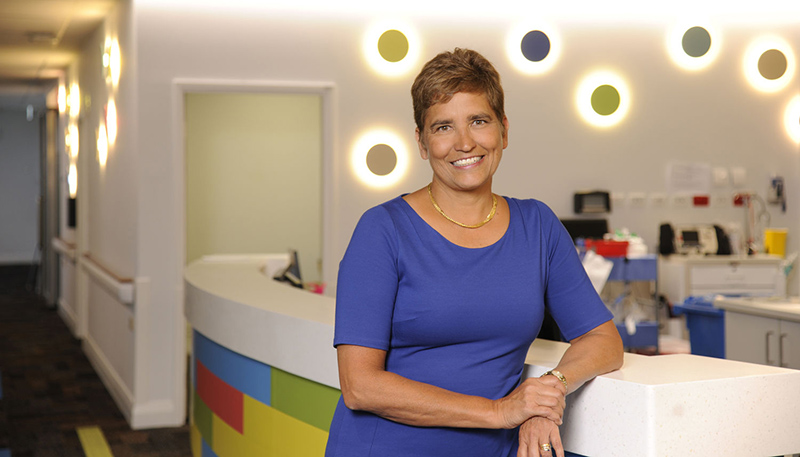
News & Events
Professor Desiree Silva named WA Rising StarThree local legends who are changing the world have been named as this year’s WA Rising Stars – including the ORIGINS Project Co-director and head of paediatrics at Joondalup Health Campus, Professor Desiree Silva.
Instructions on the various antenatal samples collected by the Origins project and how to collect them.
